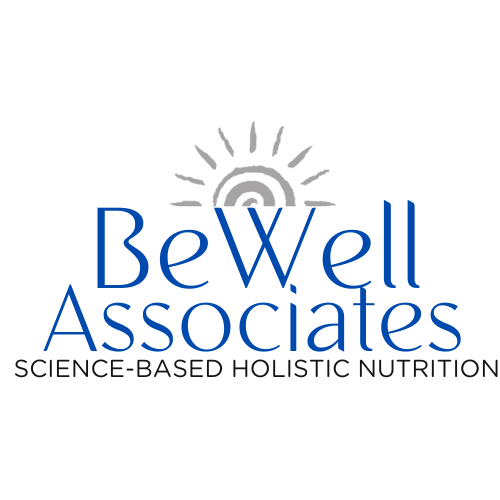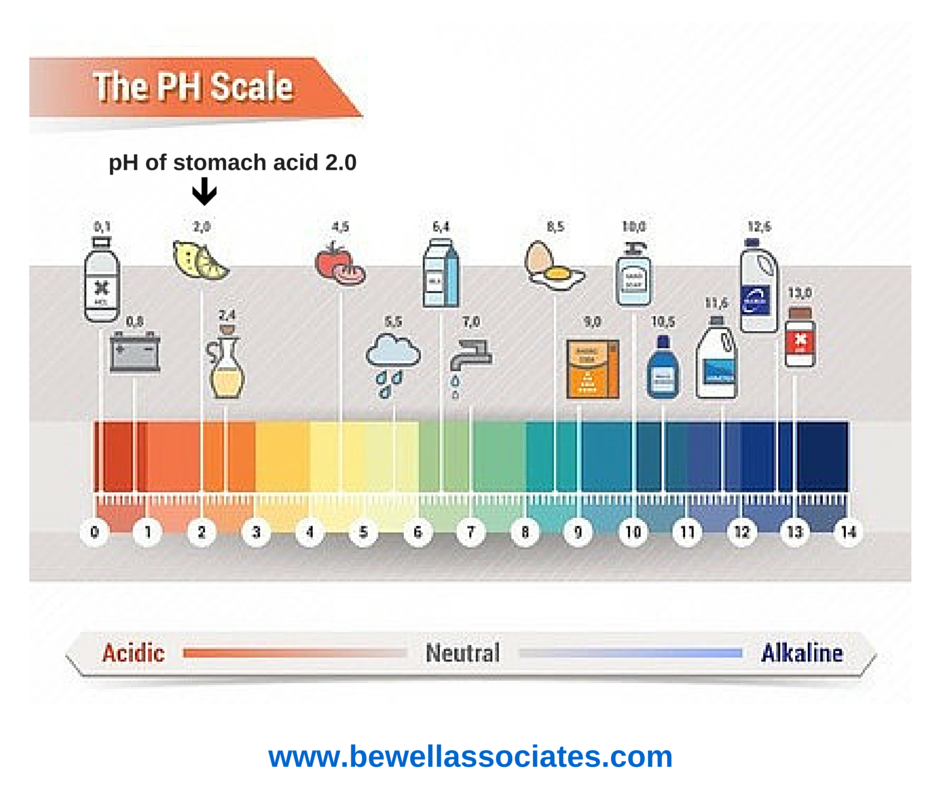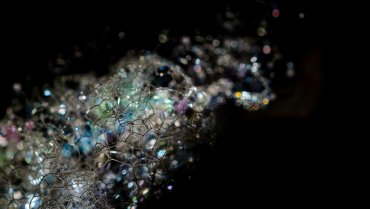Heartburn, belching, bloating, and gas. What a dreadful way to follow up a delicious meal. Most people reach for antacids, which can provide temporary relief. For more severe cases, they may take a Proton Pump Inhibitor, or PPI, such as Prilosec, Nexium, Prevacid, Protonix, and the like. These medications alter the secretion of stomach acid, which we need to digest protein foods, by suppressing the special cells in the lining of the stomach that produce hydrochloric acid (HCL). The negative effects of these medications are long lasting because they prevent us from digesting and assimilating protein, the building blocks of every cell in our bodies!
While they can be helpful in some cases, they should be used briefly and never for more than six weeks. Yet people are on them for many years. Multiple consequences of such long term use are becoming more and more apparent.
A recent study published in JAMA Intern Med (2016; 176 (2): 238-246) finds that 70% of the 15 million Americans who are taking prescription PPI’s are taking them unnecessarily. And this figure does not include those who are self medicating and taking over-the-counter PPI’s.
The study, done in collaboration with local healthcare provider, Geisinger, finds that PPIs not only cause acute kidney disease, which has been known for years, but identifies a strong association with chronic kidney disease (CKD), a far more dangerous condition.
Naturopaths and nutritionists have long known that the majority of the time, what feels like acid stomach is actually alkaline stomach. They manifest the same symptoms: burning, heartburn and sometimes acid reflux. Consider that lye, with a pH of 14, and extremely alkaline, burns, just like battery acid does, with a pH of 1.
Stomach acid has a pH of 2. This is why sipping lemon juice or apple cider vinegar in water are good digestive aids; they both acidify stomach acid.
If stomach acid is too alkaline, the esophageal sphincter, which is controlled by pH, becomes weak, and allows stomach acid to seep into the esophagus. Over time, if stomach acid continues to be alkaline, the flap remains weak and allows acid reflux or GERD (gastro-esophageal reflux) to develop. Not only is this uncomfortable but chronic GERD can erode the esophagus and lead to Barrett disease and cancers of the throat and esophagus.
A secondary effect is the long-term deficit in digestion and the poor assimilation of nutrients as digestive capacity is significantly stunted.
So how do we correct heartburn and acid reflux without the use of PPIs?
First, we determine if the imbalance in stomach pH, high or low, has caused irritation of the stomach lining. If so, that has to be healed before corrective enzymes can be used. We offer a supplement that contains chlorophyll, vitamin A and vitamin U, which is extracted from cabbage, the old remedy for stomach ulcers. The heartburn and nausea usually abate very quickly.
Next we add digestive enzymes. As the stomach feels better, the client can start to taper the PPIs, but this can be tricky.
PPIs have a very powerful rebound reaction. In fact, in one study, 40% of healthy volunteers who had never had heartburn or reflux developed both after taking PPIs for two weeks and stoping them.
See the table above for tapering info.
A good probiotic is also important since reduced gut bacteria also contribute to chronic heartburn and reflux. The conditions often arise after antibiotic use, when friendly gut bacteria are depleted.
Please note, that hidden food allergies can also be a factor in chronic heartburn and reflux. These need to be identified through testing, which we can provide.
Contact us to set up a consultation so we can get you on the proper supplements for your specific needs.
There is a list of foods that are known irritants that should be avoided while healing the stomach lining. These include:
- citrus
- coffee and tea
- tomatoes and tomato products
- carbonated beverages
- chocolate (especially dark)
- onions and garlic
- alcohol
Here’s what we suggest for tapering your PPI safely and effectively. Remember, don’t rush.
If you are taking a capsule:
Remove 10 pellets at a time every four days. Days 4-8 you would remove 20 pellets, days 8-12 remove 30, etc. Prilosec has 125 pellets. If you are taking more than one capsule/day, reduce just one at a time until you are finished.
If you experience your symptoms at any point, return to the previous dose for another five days. It’s slow going but worth it.
If your PPI is a tablet: Shave off 1/16 of a tablet at a time, reduce by that much every four days and proceed as described above.
Be patient with removing yourself from these medications and remember you are improving your long term health by doing so. It’s well worth the effort!






Add Comment